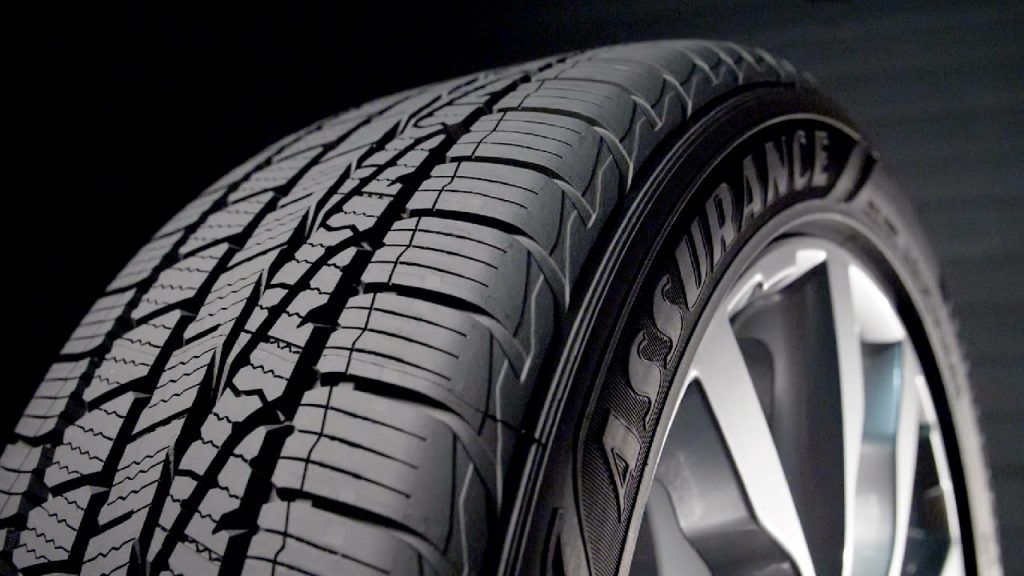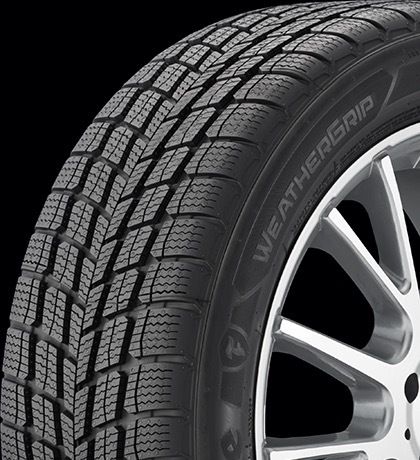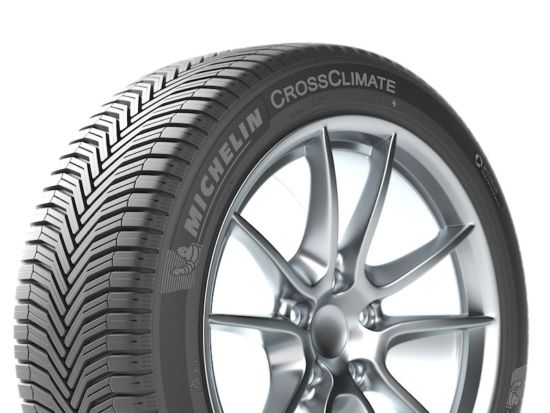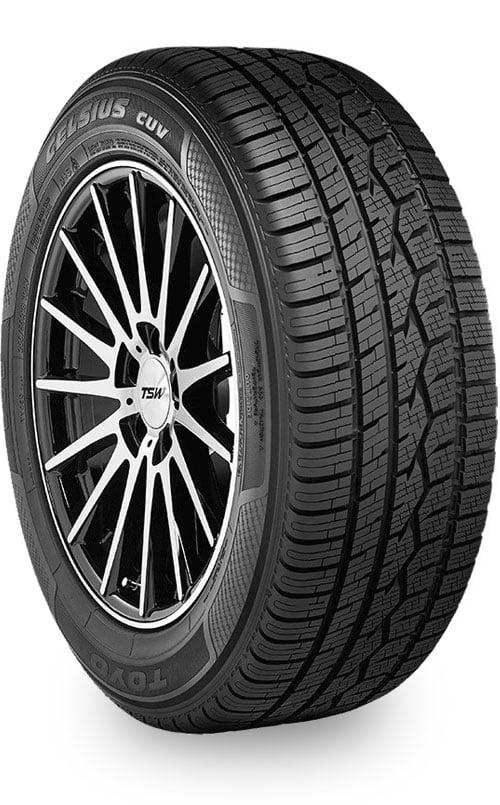Considering Tire Options: All-Weather vs. All-Season
When evaluating tire choices, it's essential to distinguish between all-weather and all-season tires. Let's delve into the details:
All-Season Tires
Performance Range:
All-season tires are engineered to deliver satisfactory performance across various weather conditions. They excel in warm, dry, and moderately wet environments. However, they are not specifically optimized for snowy or harsh winter conditions.
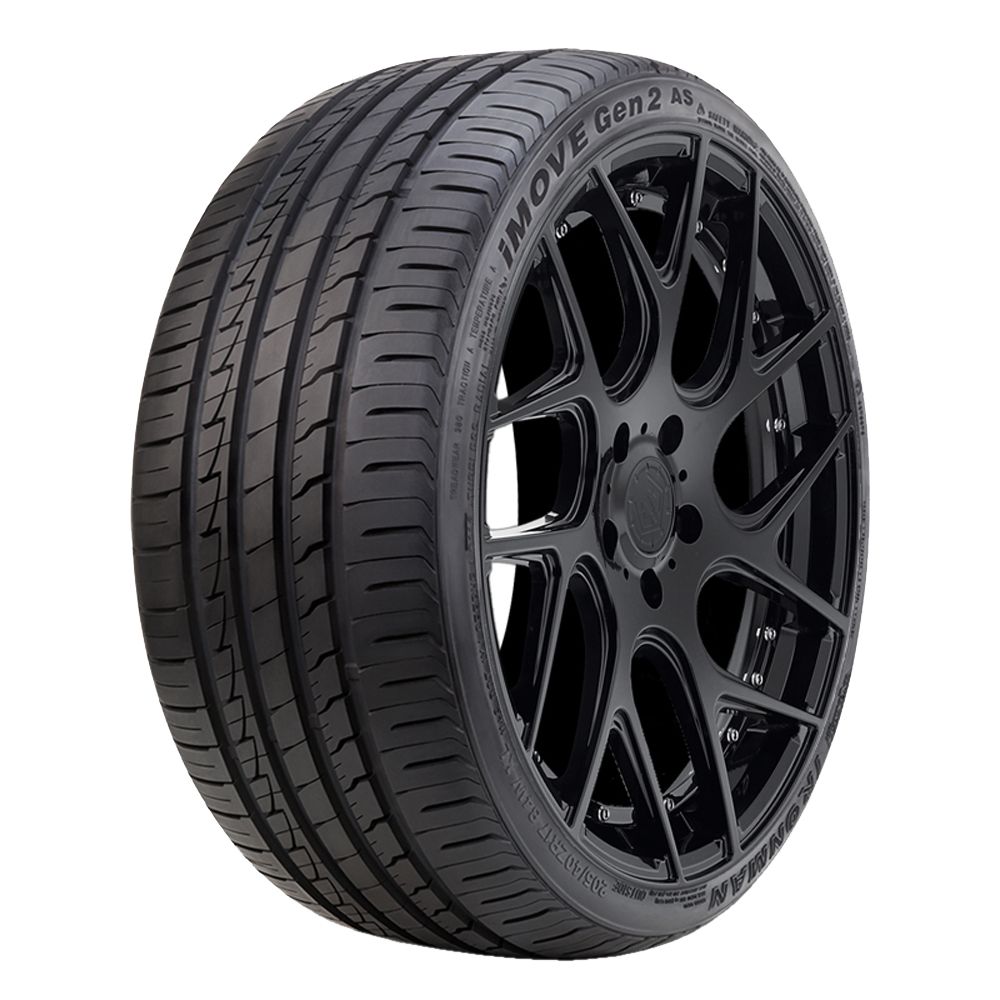
Ironman iMove Gen2 AS
SAFE ANY SEASON - Channels widen with wear to help you take on water and snow while maintaining a strong grip on the road
Tread Design:
Featuring a balanced tread pattern suitable for daily driving, all-season tires offer adequate grip on both wet and dry roads.
Temperature Sensitivity:
These tires perform optimally in temperatures above 7°C (46°F). In colder climates, the rubber compound hardens, impacting traction.
All-Weather Tires
Versatility:
All-weather tires amalgamate features from both all-season and winter tires. They provide commendable performance across a broader spectrum of weather conditions, including light to moderate snowfall. Their tread patterns and rubber compounds are tailored for versatility.
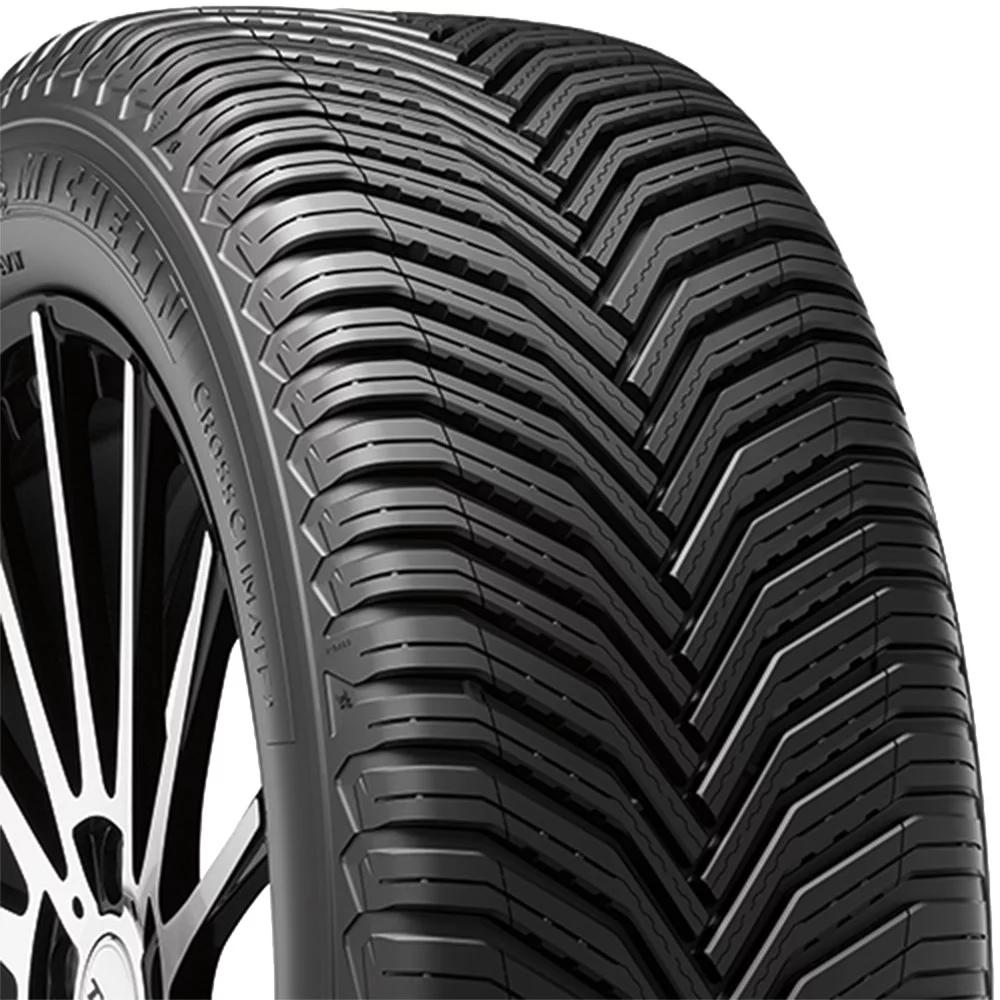
Michelin CrossClimate2 All WeatherTire
Safety Made to Last-Tread Life You Expect The Smart Choice For All Climates-Performance in Every Season
3PMSF Certification:
All-weather tires bear the 3-peak mountain snowflake (3PMSF) symbol, denoting their suitability for winter driving.
Cold Weather Performance:
All-weather tires outperform all-season tires in snowy conditions, maintaining effective traction even in cooler temperatures.
Longevity:
Unlike full-fledged winter tires, all-weather variants do not rapidly deteriorate in warm summer climates. They are particularly beneficial for residents of milder Canadian cities.
Considerations
Cost:
All-weather tires come at a higher price point compared to all-season tires but are more economical than winter tires.
Maintenance:
Utilizing all-weather tires year-round eliminates the need for seasonal tire swaps, simplifying maintenance.
Safety:
While winter tires offer superior traction in severe winter conditions, all-weather tires provide a balanced.


